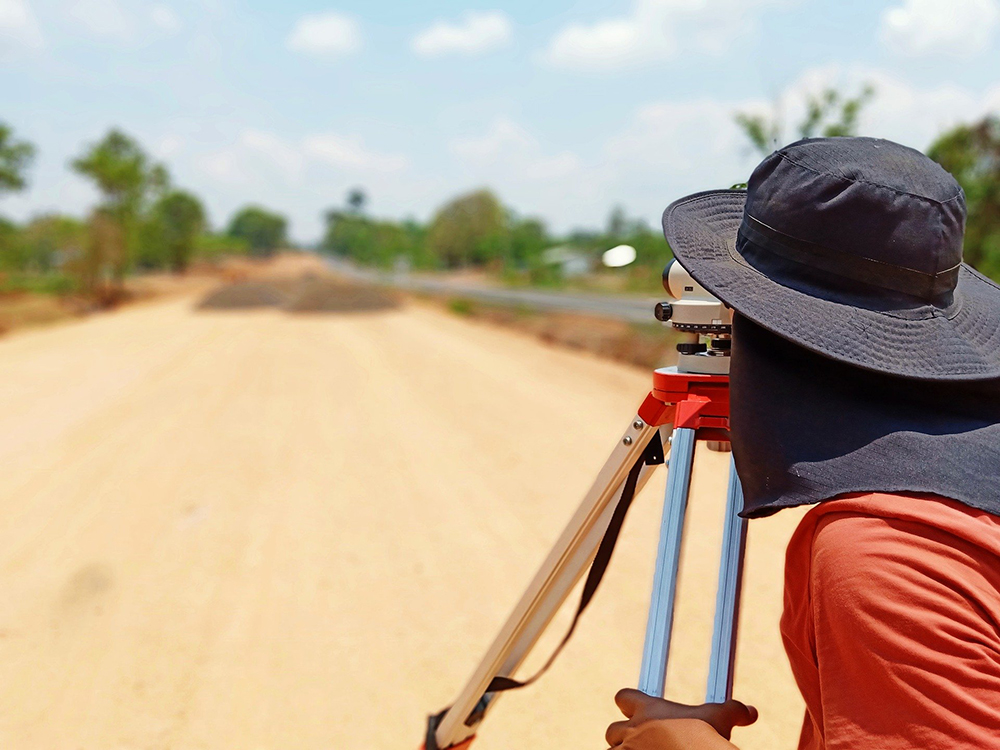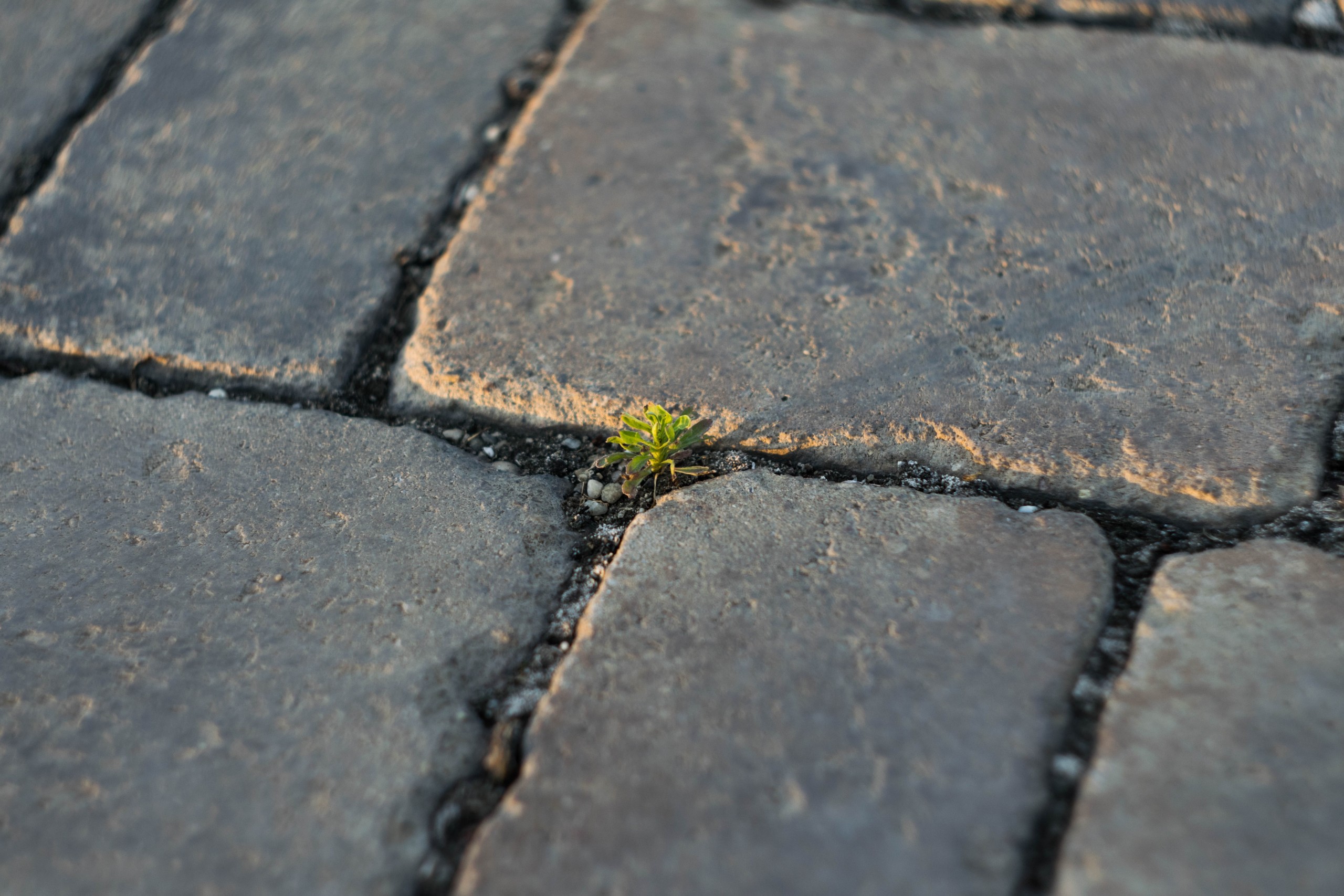Many home inspectors are generalists. They’re very good at what they inspect, but they typically have a predetermined list of areas they’ll inspect and they try not to deviate from that list.
But each home, of course, is unique and may have particular features that deserve special attention. Or your primary inspector may raise a red flag and suggest you get an expert to take a closer look.
With that in mind, here are some speciality inspections you may wish to have conducted before you complete the purchase of a home:
Chimney: If the home you’re considering purchasing is older, you may want to have an expert ensure the chimney is solid and in working order.
Roof: Different roofs have different lifespans, so you should ascertain the age of the roof on the home you are considering, and compare that to the average lifespan of that type of roof. If it’s middle age or older, you may want to have it inspected by a roofing expert.
Septic: You should definitely have your potential home’s septic system inspected, if it has one.
Mold: If you or your Realtor has reason to suspect there might mold damage or an active mold problem, it wouldn’t hurt to bring in a mold remediation expert who can help you understand the extent of the situation.
Termites: A termite inspection is a must-do and is conducted by an insect expert.
Pool: Considering a home with a pool? It’s a good idea to have the pool and its equipment checked to ensure there are no leaks or other problems.
Solar energy system: If your future home has a solar system, a specialist can check that it’s in good working order and offer maintenance tips.
Water system (if not on public water): If the property you’re considering uses well water, you might consider having that system carefully examined. Similarly, if a rainwater harvesting system is in place, get that checked out. You’ll want to get an assessment of the quality of the water and the flow rate, for example.
Foundation: Your primary inspector will probably provide a cursory appraisal of your foundation; if he or she suspects any potential problem, however, the inspector may recommend you hire a structural engineer for a more thorough examination.
Sprinkler system: This one isn’t as crucial as some of the others, but you could hire an irrigation system expert to assess the working order of the system.
Gasses: Gasses such as radon or methane can build up to dangerous levels within homes. It’s unusual for this to happen, but if you are concerned, you can hire a mitigation expert who can test and recommend removal methods.
Electrical: Your primary inspector will do a cursory check of electrical systems, but if you suspect deeper problems, you can hire an electrician to do a deeper dive.
HVAC: Ditto with heating and air conditioning systems. If the primary inspector has concerns, you can hire a specialist.
Plumbing: Same story here. If your inspector suspects a bigger issue with the plumbing infrastructure, you might want to call in an expert.
Asbestos: Homes built before 1980 may contain asbestos, a naturally occurring silicate material that is a known carcinogen. If an older home is in your sites, you might want to have an expert check for the presence of this dangerous substance.
Lead paint: Another issue sometimes found in older homes, lead paint can cause headaches, dizziness, nausea, and other health issues.
Incidentally, it may be a good idea for you to be present while the inspections are taking place. You can glean a lot of information from the inspector that will be helpful after you move in.
In many cases, the services provided by a general inspector will be sufficient. However, if your dream home has any of these special circumstances, you may want to hire a specialist who can help you thoroughly understand the condition of your home before you close. As always, an experienced Realtor, like those you’ll find on the Swanson Realty Team, can point you in the right direction.




